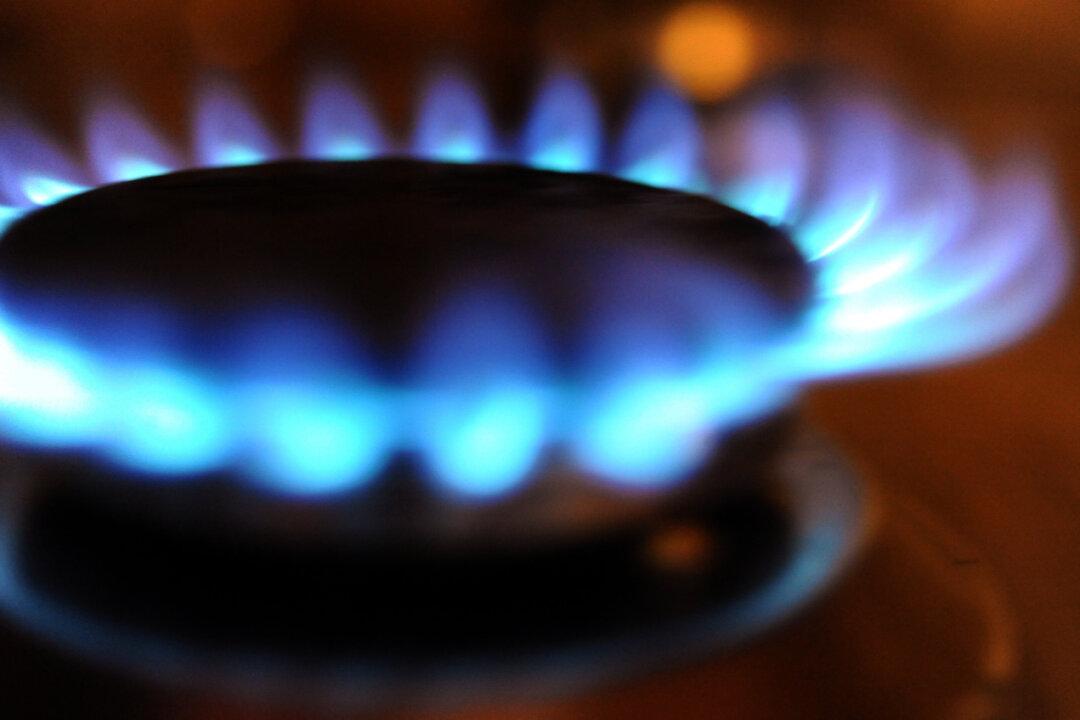A mandatory industry code of conduct is expected to make gas available for Australian users at “reasonable” prices for the next two years.
The gas industry says the test for the code will be whether it supports urgently needed investment to bring on new gas supply to avert future shortfalls and put downward pressure on prices.





